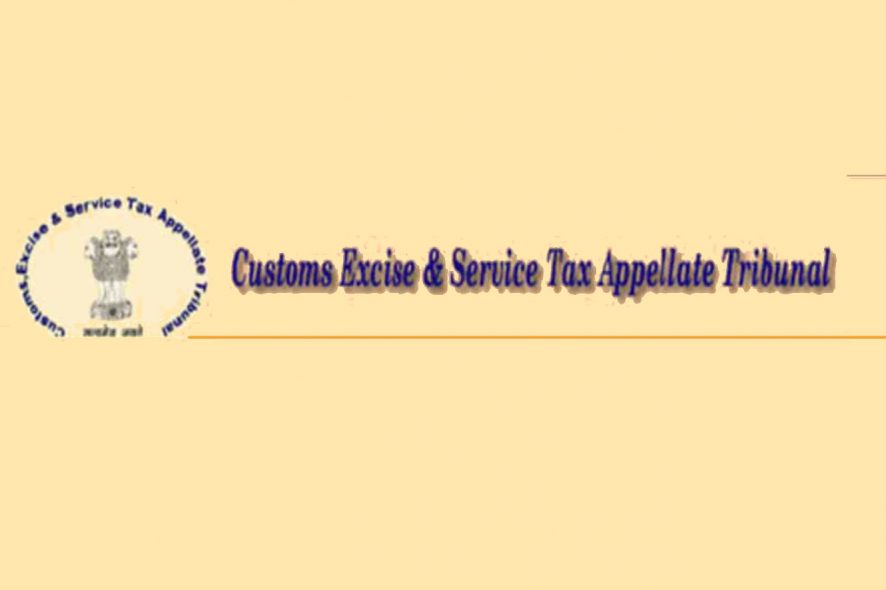Customs, Excise and Services Tax Appellate Tribunal (CESTAT): SS. Garg (Judicial Member) allowed appeals which were filed after the rejection of refund claims on various input services.
Appellant was a company registered under the Companies Act and was a wholly owned subsidiary of Microsoft Corporation, USA. They had entered into an agreement with M/s. Microsoft Corporation, USA as per which the appellant was required to undertake Information Technology related research and development activities. Appellant was engaged in providing Information Technology Services and Information Technology Enabled Services (ITES). Undisputedly, the said services qualified as export of service. Appellant was also registered under the Service Tax for taxable Information Technology Software Services and Business Auxiliary Services as service provider and also registered as service recipient for taxable Manpower Recruitment Service, Sponsorship Service, Commercial Training and Coaching Service, Legal Consultancy, etc. Appellant procured various input services which were utilised in provision of output service and tax paid thereon was claimed as CENVAT credit in terms of Rule 2(l) read with Rule 3 of the CENVAT Credit Rules. Since the services provided by the appellant qualified as an export of service, appellant had filed periodical refund claims under Rule 5 of CENVAT Credit Rules read with Notification No.5/2006-CE (NT) and Notification No.27/2012-CE(NT) dated 18-6-2012 as applicable for seeking refund of accumulated CENVAT credit.
Counsel for the appellant submitted that the impugned orders were not sustainable in law as the same had been passed without properly appreciating the facts and the law and the definition of ‘input service’ as provided under Rule 2(l) of CENVAT Credit Rules, 2004. He further submitted that all the disputed input services in respect of which the refund had been denied were covered by the definition of ‘input service’ as provided in Rule 2(l) of CENVAT Credit Rules and had nexus with the output service. He also submitted that even for the period post April 2011 i.e., post the amendment to the definition of the term ‘input service’, none of the services in respect of which refund is denied is covered under the exclusion clause as stated in the definition of ‘input service’.
Authorized Representative submitted that the impugned services availed by the appellant lack nexus with the output service and the refund has rightly been rejected.
The Tribunal was of the opinion that appellant had given detailed justification for each of the impugned services involved in these two appeals with judicial precedents and the impugned services had been used by the appellant for rendering the output services. The Tribunal further found that reasoning given by the Commissioner(A) in the impugned orders was not correct in law and the correct position in law was that to test for eligibility is whether input services was used by the provider of taxable service for providing output service and the input services should not be covered by the exclusion clause. The Tribunal also added that all these services on which refund had been rejected consistently held to be input services in various decision relied upon by the appellant.
The Tribunal finally relying on the decision of the Tribunal in Ranbaxy Laboratories Ltd. v. Union of India, 2012 (27) STR 193 (SC), Commr. of Central Tax, Bengaluru v. Netapp (India) (P) Ltd., 2020 (32) GSTL 176 (Kar.) and Scribetech India Healthcare (P) Ltd. v. Commr. of Central Tax, Bengaluru: 2020 (43) GSTL 245 (Tri. – Bang.) held that appellant was entitled to refund of CENVAT credit along with interest.[Microsoft Research Lab (India) (P) Ltd. v. Commr. Of Central Tax, 2021 SCC OnLine CESTAT 1001, decided on 17-08-021]
Suchita Shukla, Editorial Assistant has reported this brief.







